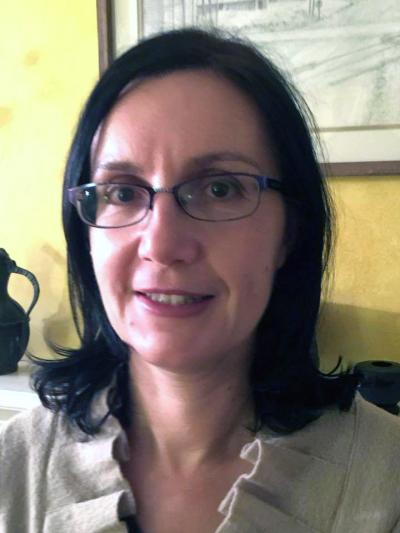Making Nations: The Struggle over National Classifications in the (Post-) Ottoman Balkans
Principal Investigators: Theodora Dragostinova, Department of History

With the disintegration of the Ottoman Empire, the Balkans began the century-long process of “making nations” -- a transition from diverse populations under one empire to a series of homogenous nation-states. Crucial to this process was the struggle over national identity.
In this project, Theodora Dragostinova explores two facets of nation building in the Balkans: the development of national classification systems in Bulgaria in the early 20th century, and negotiations over the borders of Macedonia after World War II.
In her article “In Search of the Bulgarians: Mapping the Nation through National Classifications,” Dragostinova examines how Bulgarian demographers, ethnographers, historians, writers, and other officials came up with various categories for its population.
Demographers devised mechanisms for counting the population that used language, religion, and nationality as criteria, but they constantly adjusted the categories to handle diverse ethnic and religious populations in Bulgaria’s current and aspired territories. Ethnographers travelled in areas claimed for Bulgaria, providing descriptions of various groups they encountered.
As part of their classification system, these officials divided Bulgaria’s inhabitants into Turks and Pomaks, Greeks, Romanians and Vlachs, as well as Gagauz, Tatars, Tsintsars, Karakachans, Gypsies, Armenians, Jews, and others. They lumped various religious practices into larger groups that facilitated the goals of the nation-state. They also tried to explain away discrepancies between language, nationality, and religion.
Building on Dragostinova’s previous book Between Two Motherlands, about Greek minorities in Bulgaria, this article explores the social construction of nations to make a larger argument about the workings of identity politics in the process of nation building. It will be published as part of a volume based on the 2011 Mershon Center conference “Beyond Mosque, Church and State.”
In the second part of this project, Dragostinova turns her attention to Cold War diplomatic history, examining the negotiations between Bulgaria, Greece and Yugoslavia over the borders of Macedonia after World War II. This article will make an original contribution to historiography as nothing has been written about this period in Balkan history.
Investigators
Filters: 2011-2012, History
